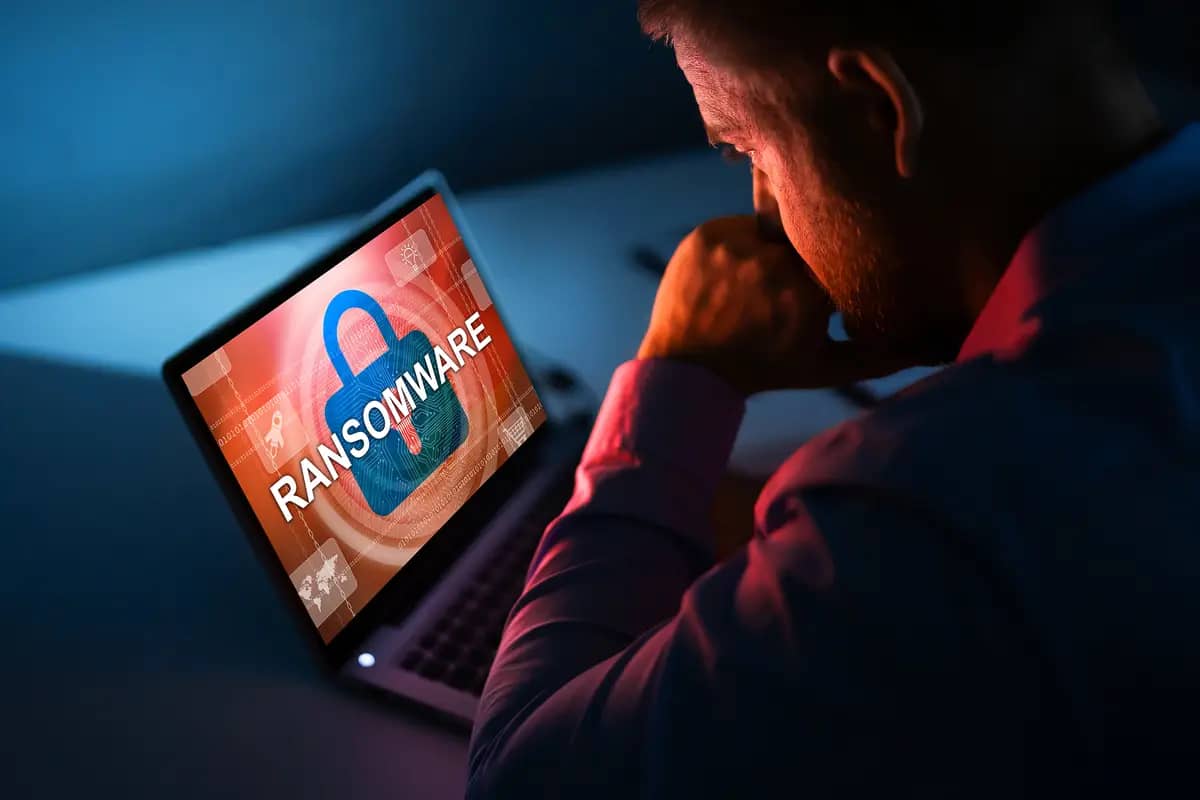
Ransomware Security: Safeguarding Your Business in the Digital Age
In the ever-evolving digital landscape, the rise of ransomware has emerged as a formidable challenge for businesses of all sizes. Imagine waking up one day to find your company’s data locked up, with a hefty ransom demand flashing on the screen. This nightmare scenario is becoming increasingly common, prompting a significant shift in how businesses approach their cybersecurity strategies. Ransomware insurance isn’t just a buzzword; it’s a crucial investment in the longevity and safety of your digital assets.
Understanding Ransomware and Its Impacts
Ransomware is like a thief that sneaks into your digital home, locks up everything valuable, and demands a ransom to give you the key. The impact of such an attack can be devastating: from operational downtime and financial loss to reputational damage and legal complications. It’s not just about losing data; it’s about losing trust.
The Importance of Cyber Security Insurance
In response to these threats, cyber insurance emerges as a beacon of hope. Think of it as a safety net that catches you when digital defense mechanisms falter. It’s not just about covering financial losses; it’s about providing access to expert resources to manage and recover from an attack.
Do You Need Ransomware Insurance?
Every business, irrespective of its size or sector, faces the risk of ransomware. The question isn’t if you need protection but how much. Assessing your risk involves understanding the value of your digital assets and the potential impact of their loss.
Key Components of a Robust Ransomware Security Policy
A strong ransomware security policy is your shield against attacks. It includes preventive measures, like up-to-date security software and vulnerability assessments, and reactive strategies, like incident response plans and recovery protocols.
The Role of Employee Training in Preventing Attacks
Humans often represent the weakest link in the security chain. Regular training on recognizing phishing attempts and safe online practices can turn your employees from potential vulnerabilities into vigilant guardians of your digital domain.
Regular Backups is Your Safety Net
Imagine if, despite a lock-in, you had a spare key hidden away. Regular, encrypted backups of your critical data act as this spare key, enabling you to restore your systems with minimal disruption in the event of an attack.
Claims Process: What Happens After an Attack?
Understanding the claims process is crucial. It involves timely notification of the incident, detailed documentation of the damage, and collaboration with the insurance provider to facilitate recovery and financial reimbursement.
Navigating the Aftermath
The aftermath of a ransomware attack often extends beyond immediate recovery efforts, encompassing legal obligations related to data breach notifications and consumer protection. It’s essential to understand these requirements to mitigate legal risks.
The digital age brings unparalleled opportunities and, with them, unprecedented risks. Ransomware security is not just an IT concern; it’s a business imperative. By understanding the threat, investing in comprehensive cyber security insurance, and fostering a culture of vigilance, businesses can navigate the digital landscape with confidence and resilience. Protecting your business from ransomware is not a one-time task but an ongoing journey of adaptation and vigilance.
FAQs
What is ransomware?
Ransomware is a type of malicious software designed to block access to a computer system or files until a sum of money is paid, usually in cryptocurrency. It’s essentially digital kidnapping of your data.
How can businesses protect themselves from ransomware attacks?
Businesses can protect themselves by implementing robust cybersecurity measures, such as regular software updates, anti-virus and anti-malware protection, employee training on cybersecurity best practices, and maintaining regular backups of critical data.
Is cyber security insurance worth it for small businesses?
Absolutely. Small businesses are often targeted because they may lack the resources for comprehensive cybersecurity measures. Cybersecurity insurance can provide a safety net, offering financial protection and support services in the event of an attack.
Can ransomware attacks be prevented entirely?
While it’s challenging to prevent ransomware attacks entirely, businesses can significantly reduce their risk through rigorous security practices, employee training, and staying informed about the latest cyber threats. Prevention is about making it as difficult as possible for attackers to succeed.
What should a business do immediately after a ransomware attack?
The first steps should be to isolate the infected systems to prevent the spread of the ransomware, identify the scope of the attack, and contact cybersecurity professionals for assistance. It’s also crucial to notify your cyber insurance provider as soon as possible to start the claims process.


